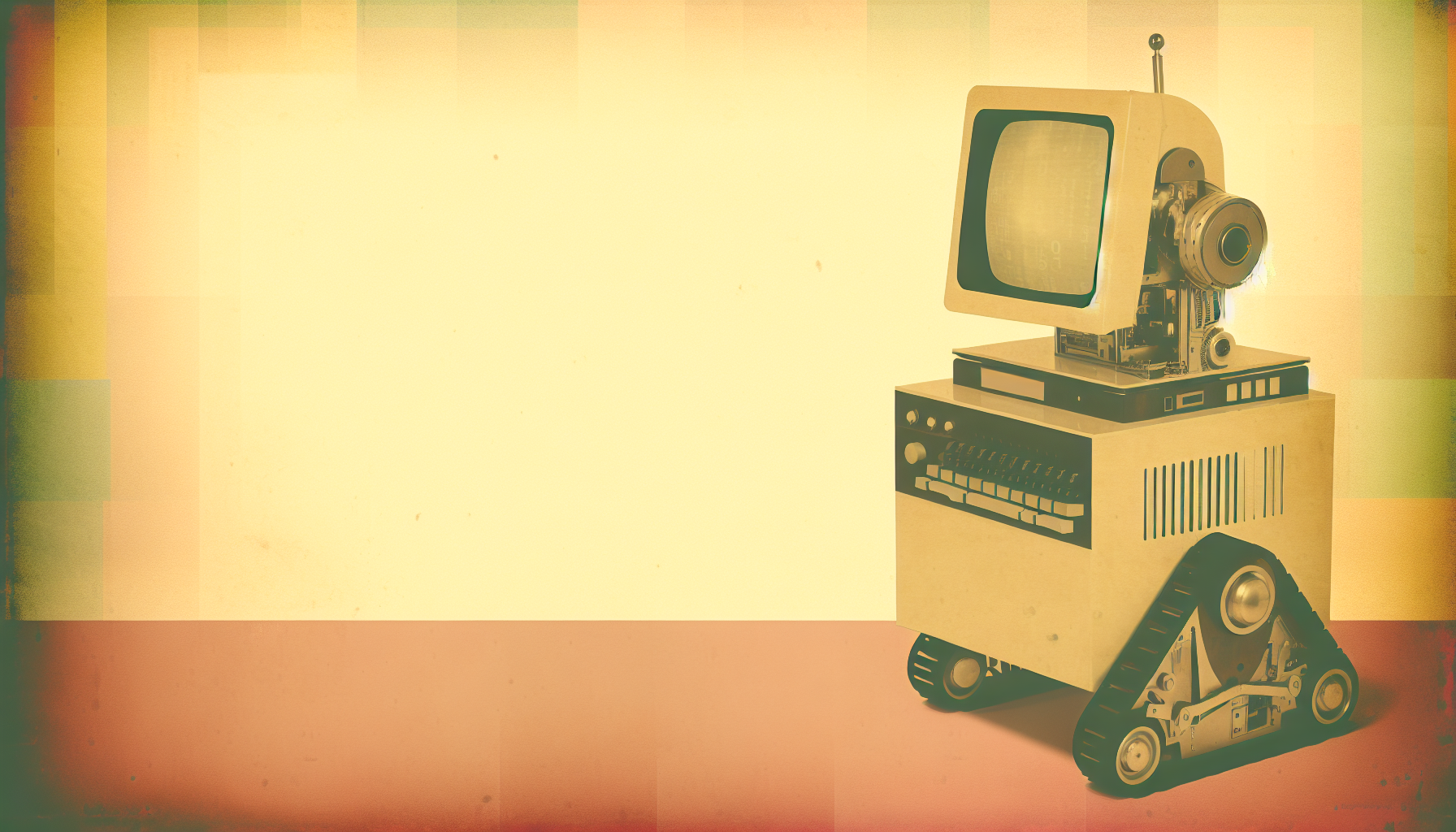In the not-so-distant past, artificial intelligence was simply the stuff of science fiction novels and blockbuster movies. Fast forward to today’s world, AI is now regularly found in pockets, homes, and workplaces—transforming everything from our daily activities to complex business operations. It’s becoming increasingly clear that AI is poised to play a major role in shaping human virtue ethics—or, let’s just demystify that a bit—how we decide what it means to be a good person in a technologically-driven world.
Consider, if you will, the traditionally thorny subject of ethics, an ancient topic which philosophers have wrangled with for centuries. When Aristotle mused on the virtues, AI was not even a glimmer in the collective human imagination. Yet here we are, poised at the brink of a world where artificial intelligence might not only assist us in ethical decision-making but potentially redefine the boundaries of ethical life itself.
AI as a Mirror
One way of understanding AI’s role in virtue ethics is to see it as a kind of reflective mirror. AI systems are, after all, created by humans and are a projection of our own values and definitions. When a machine learning algorithm identifies patterns, it leverages the data we feed it—the good, the bad, and sometimes, the ugly.
When we see AI in action, making suggestions or decisions based on ingrained rules or data analysis, what we are often witnessing are reflections of our collective beliefs and values. Yet, mirrors can distort, and AI can shine light on moral blind spots we didn’t even know we had. It nudges us to re-examine our own ethical frameworks that we might otherwise take for granted.
AI as a Moral Compass?
The evolution of AI brings up an intriguing question: Can AI become a moral compass? Now, before your imagination starts running wild envisioning a little robotic conscience sitting on your shoulder, it’s essential to temper expectations. AI isn’t about to start dictating moral edicts from on high. Instead, it can offer guidance in a landscape that is cluttered with options and possibilities.
Consider the healthcare sector, where AI algorithms are being used to aid diagnosis and treatment plans. These AIs could potentially also factor in ethical considerations, such as patient confidentiality, resource allocation, and fairness in treatment options. The same could apply to business ethics, education, or even in the ever-so-murky waters of political decision-making.
That said, transposing virtue ethics into machine-led systems isn’t like shopping for groceries. There’s no simple list of virtues AI can participate in optimizing. Aristotle might shake his head quizzically at such a notion. So while AI can certainly guide us by sifting through mountains of data more efficiently than a library-dwelling philosopher ever could, it ultimately requires human input to delineate what ends are ‘good’ in the first place.
The Challenge of Bias
One of the proverbial elephants in the room when it comes to AI and virtue ethics is the issue of bias. While we might dream of developing perfectly neutral, unbiased AI (oh, imagine the utopia!), the reality is often more complex. When algorithms are built on historical data, they sometimes inherit the prejudices of the past. And what are these biases if not ready-made ethical dilemmas served up on a tech-infused platter?
Fortunately, awareness of this challenge is growing, bringing with it an emphasis on AI ethics—the ethical considerations of how AI technologies should be developed and used. This budding area in ethics asks critical questions: How do we ensure AI systems operate fairly? Who bears the responsibility when AI systems make mistakes? And ultimately, how do we use these systems to support human flourishing rather than undermine it?
Developing a Symbiosis
If AI is to aid in shaping and enhancing human virtues, then the conversation should not be about humans versus machines but rather humans with machines. This complementary vision calls for a collaborative partnership where AI magnifies our capabilities and addresses our limitations.
AI can help by taking a significant part of the cognitive load, offering sophisticated analyses and options, while humans provide the nuanced understanding, emotional intelligence, and ethical reasoning that machines lack. Such symbiosis can forge a world where AI helps cultivate virtues by prompting reflection, increasing awareness, and encouraging prudent actions rather than merely reinforcing mechanical rule-following.
Conclusion: A New Kind of Virtue
In a world increasingly touched by AI, virtue ethics requires constant reflection and reevaluation. The fusion of AI and human ethics asks us to reconsider what it means to live a virtuous life when technology plays an ever-expanding role in our daily existence. And while we might never build a machine that inherently ‘knows’ what it means to be good, AI offers a crucial support system—a tool to enable us to act with greater virtue.
In the end, the task remains quintessentially human: to steer this intelligent enabler towards constructing a world not just where humanity can thrive, but also one where it can be virtuous. This might require adapting the wisdom of the ancients to satisfy the needs of the present—and possibly, the whims of future intelligences. After all, they say a good sense of humor is a virtue; perhaps it’s worth asking if our AI could one day share in the joke?

Leave a Reply